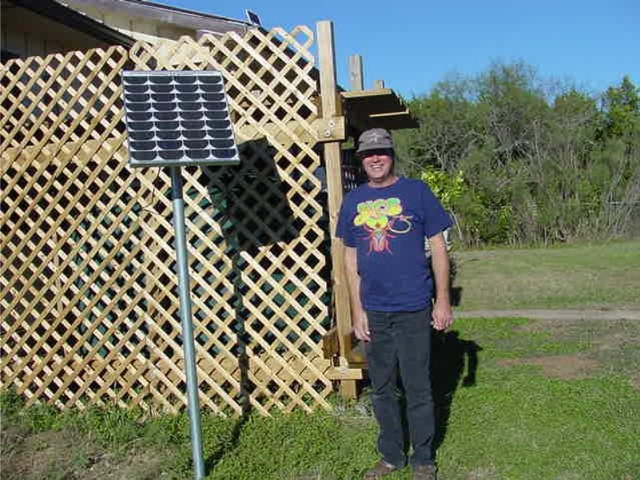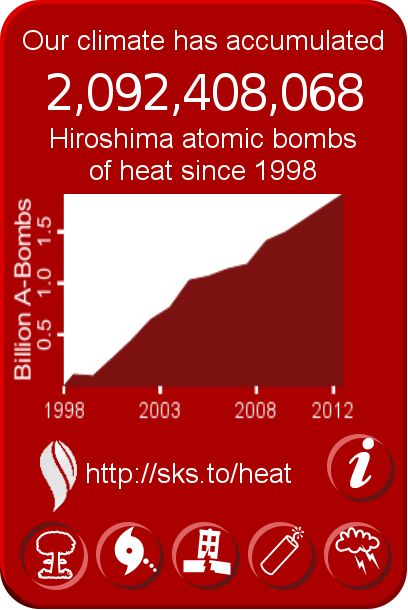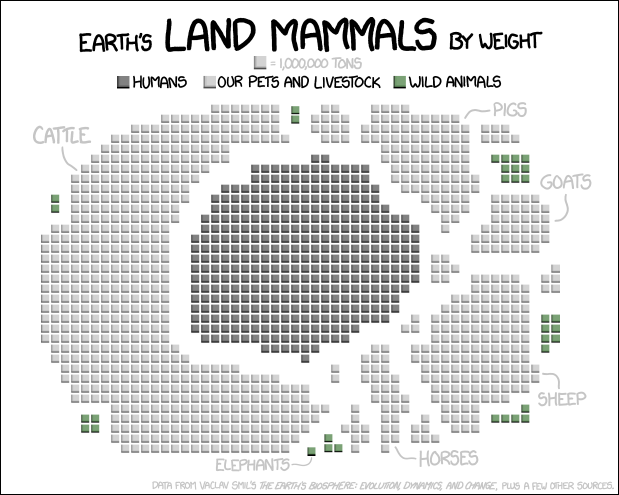Safeguarding this critical zone was the focus of a recent meeting in Beijing, where the National Science Foundation of China met with their counterparts in the US, UK, France and Germany. The aim was to develop an Apollo-scale programme to tackle the resource constraints that threaten to undermine global economic development.
Like the Apollo programme, the challenges are clear. We have about 10 years to identify solutions for basic human needs such as energy, food and water, and to mitigate the risks associated with climate change and further degradation of natural resources. We have 10 years because many solutions will take at least a decade to take effect, and because we have only 20 years before the perfect storm of food, water and energy shortages makes landfall.
Without a coordinated global effort, it is hard to be optimistic about the prospects for international security, economic stability and human well-being.
Managing the interconnected insecurity of water, food and energy requires a new approach, and this requires joint efforts across an extraordinary breadth of expertise. This new science will pull in the best of businesses and governments to deliver coordinated solutions around the world. Scientists are good at innovating, businesses are good at pragmatism and delivering on time, and global governance is required to create the appropriate environment for change wherever it is needed. Working together is essential if we are to implement real solutions in time.
We still lack the ability to see the critical zone in its entirety. We cannot measure the flows of life-sustaining resources – such as food, energy and water – with enough confidence to know how best to protect them. We have computer models of river flows, plant growth and some soil processes, but we cannot predict the behaviour of the system as a whole. The critical zone programme aims to develop and apply the technologies to envision this system, to make forecasts and identify ways to intervene.
forumblog











